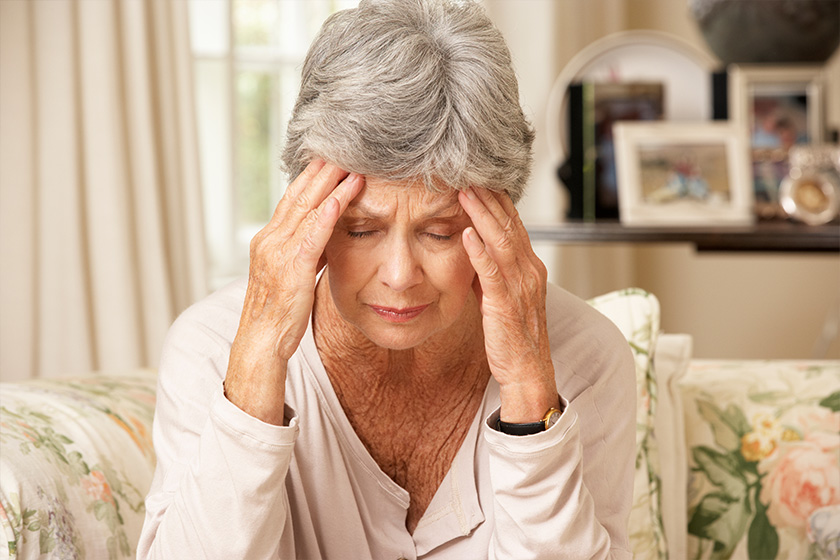Parkinson’s disease is a condition that affects the nerves within the brain, resulting in impaired movement. A person with Parkinson’s disease may experience difficulties with moving while certain parts of the body can start shaking. The muscles around the body stiffen, causing an overall slower movement and reaction. On top of the physical symptoms that typify the disease, adults diagnosed with Parkinson’s disease can also suffer from depression. Here is how Parkinson’s Disease and depression are linked.
What Is Parkinson’s Disease?
Mainly, Parkinson’s disease is attributed to the decreased production of dopamine in the brain since it aids in regulating how people move about. The reduction of dopamine can gradually lead to serious tell-tale symptoms of Parkinson’s disease. The reduced dopamine can also change one’s mood, increasing the likelihood of developing depressive thoughts.
Depression is a Symptom of Parkinson’s Disease
Depression is a mood disorder that can include feelings of sadness, loss, and anger. Overall, it can impair the patient’s ability to engage in daily living activities. Studies have found that at least half of all patients diagnosed with Parkinson’s develop depressive feelings at one point, which are distinct from feeling sad about their diagnosis.
It is considered as a symptom of Parkinson’s disease as is involuntary shaking, with both being caused by changes in brain chemistry. Further research also proved that the condition is impacted more negatively by psychological symptoms rather than physical symptoms.
Depression is also a common issue faced by the elderly who live alone as they lack a supportive social network and their symptoms of depression often go unnoticed. If you or your loved one is living alone, do consider our senior living options at Discovery Commons South Biscayne. We provide a host of customizable lifestyle options to empower high-quality living, personalized care, and a socially inclusive community.
Diagnosis of Parkinson’s Disease
Since it is prevalent for people to experience both depression and Parkinson’s disease, doctors usually ask related questions when discussing their condition. If the doctor hasn’t asked yet, the person who experienced symptoms of depression should bring it up to their doctor. Communicating both the psychological and physical symptoms of Parkinson’s disease to a doctor is crucial in getting the proper prescription of treatment.
How Depression Is Managed
The following treatments can help adults with Parkinson’s disease manage depression:
- Counseling
- Taking antidepressant medication – selective serotonin reuptake inhibitors (SSRIs), serotonin and norepinephrine reuptake inhibitors (SNRIs)
- Frequent exercise
Apart from having to take more pills during old age, there are also other ways to help your aging loved one manage depression, including:
- Interacting with family and friends often
- Keeping up with leisure activities
- Reading and talking about depression to others
- Planning small achievable goals every day
Get the Best Care at Discovery Commons South Biscayne
If your loved one is experiencing Parkinson’s Disease and depression, it can be extremely difficult to continue providing the care required, so do consider our senior assisted living option! With our well-trained team, we can provide personalized care catered to our residents’ needs while allowing them to enjoy their favorite activities.
Reach out to us today to ascertain eligibility for our community programs.







